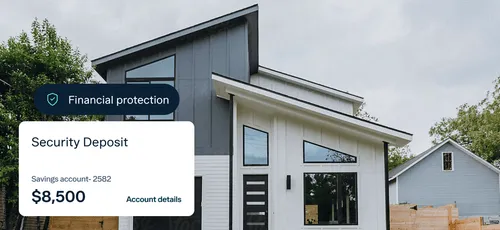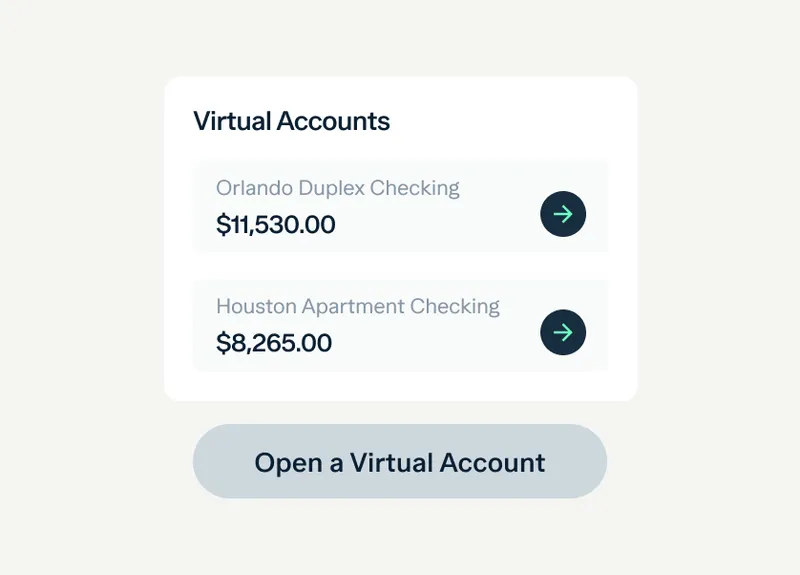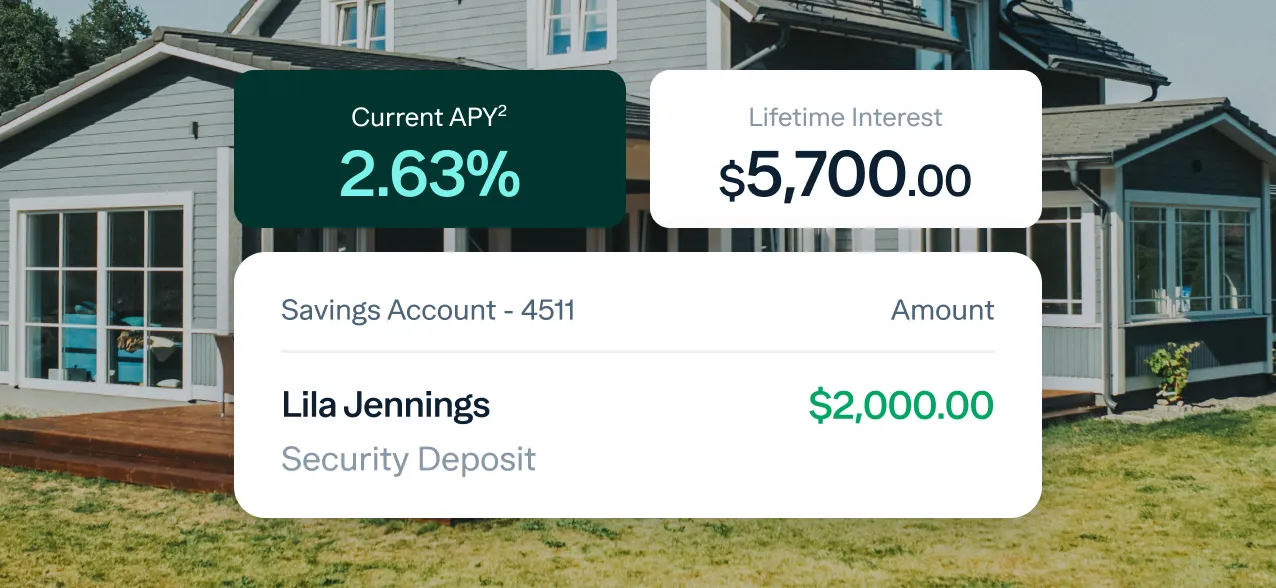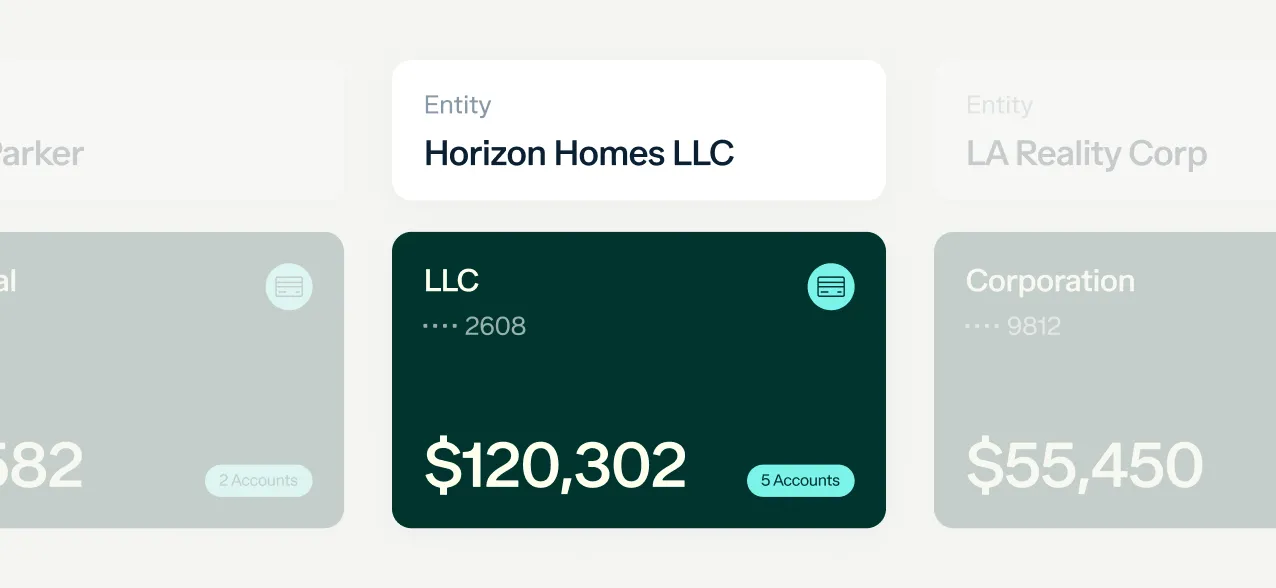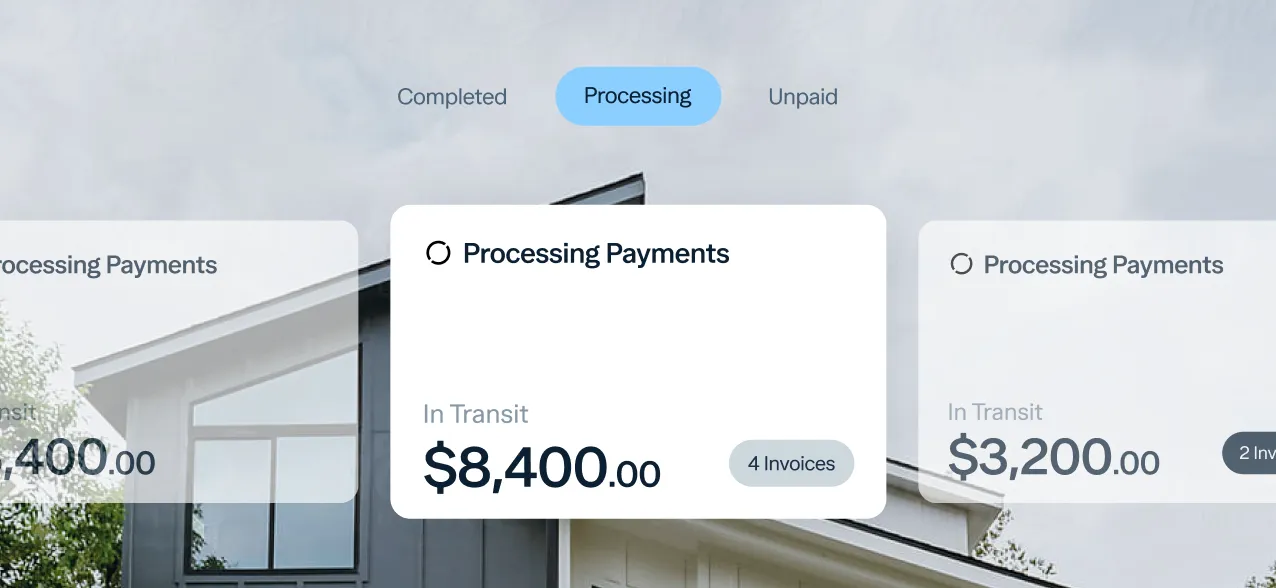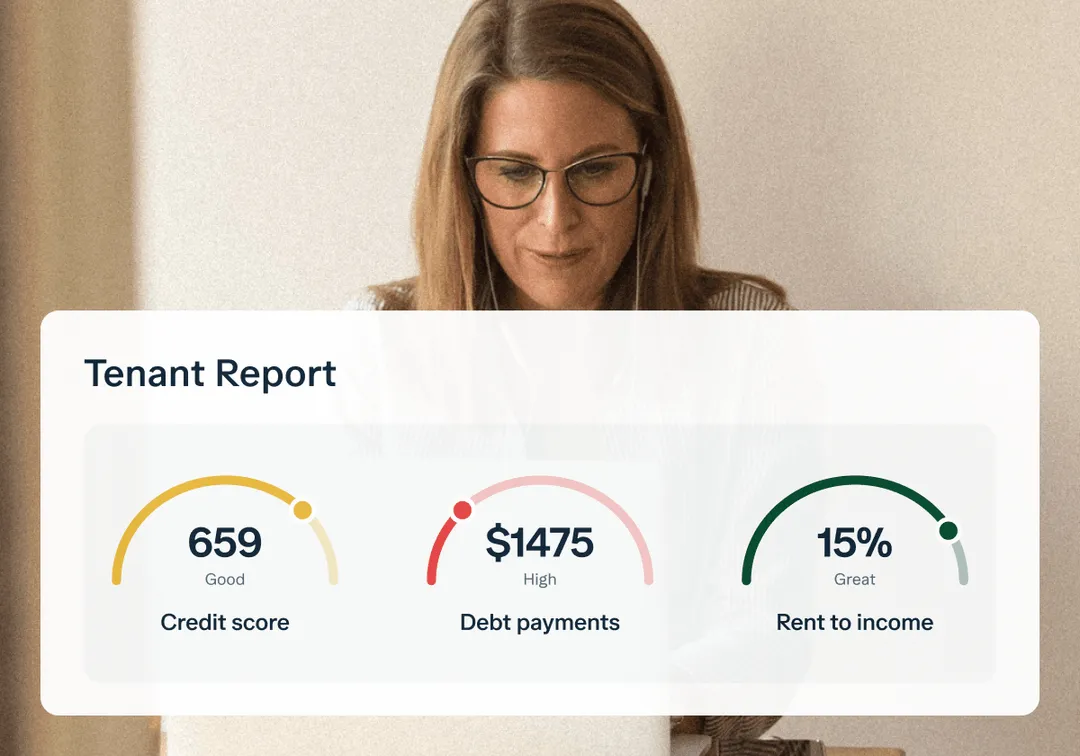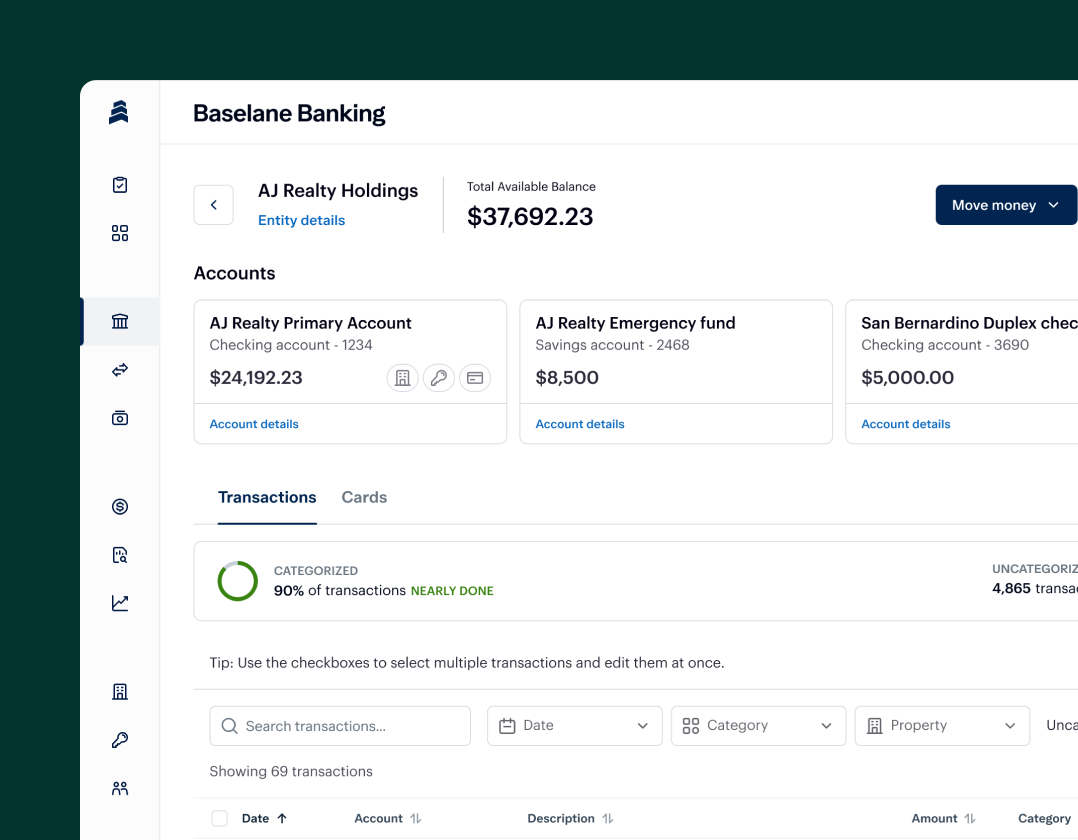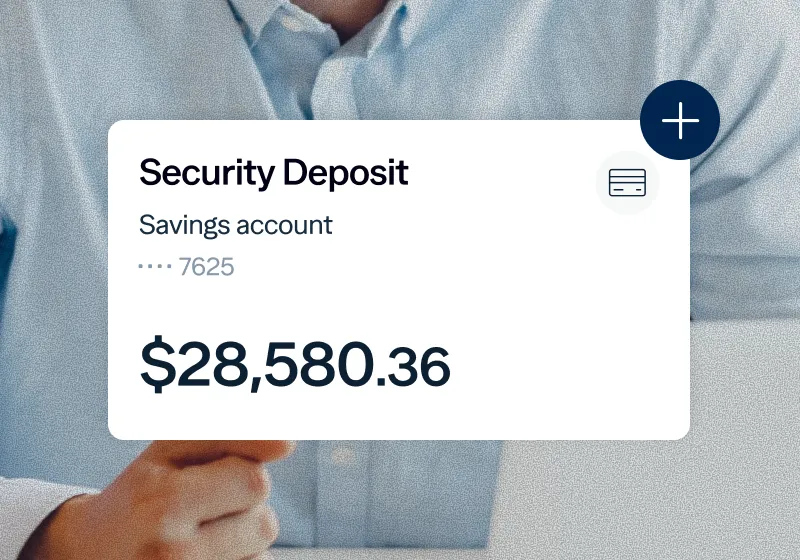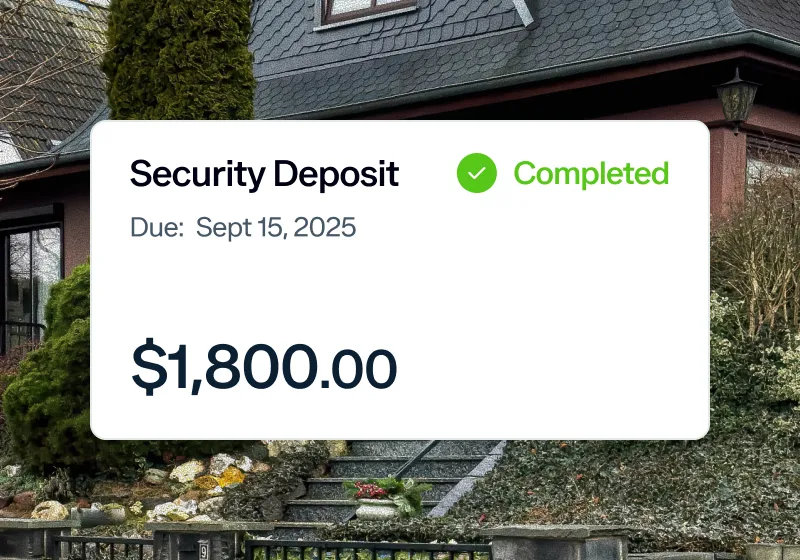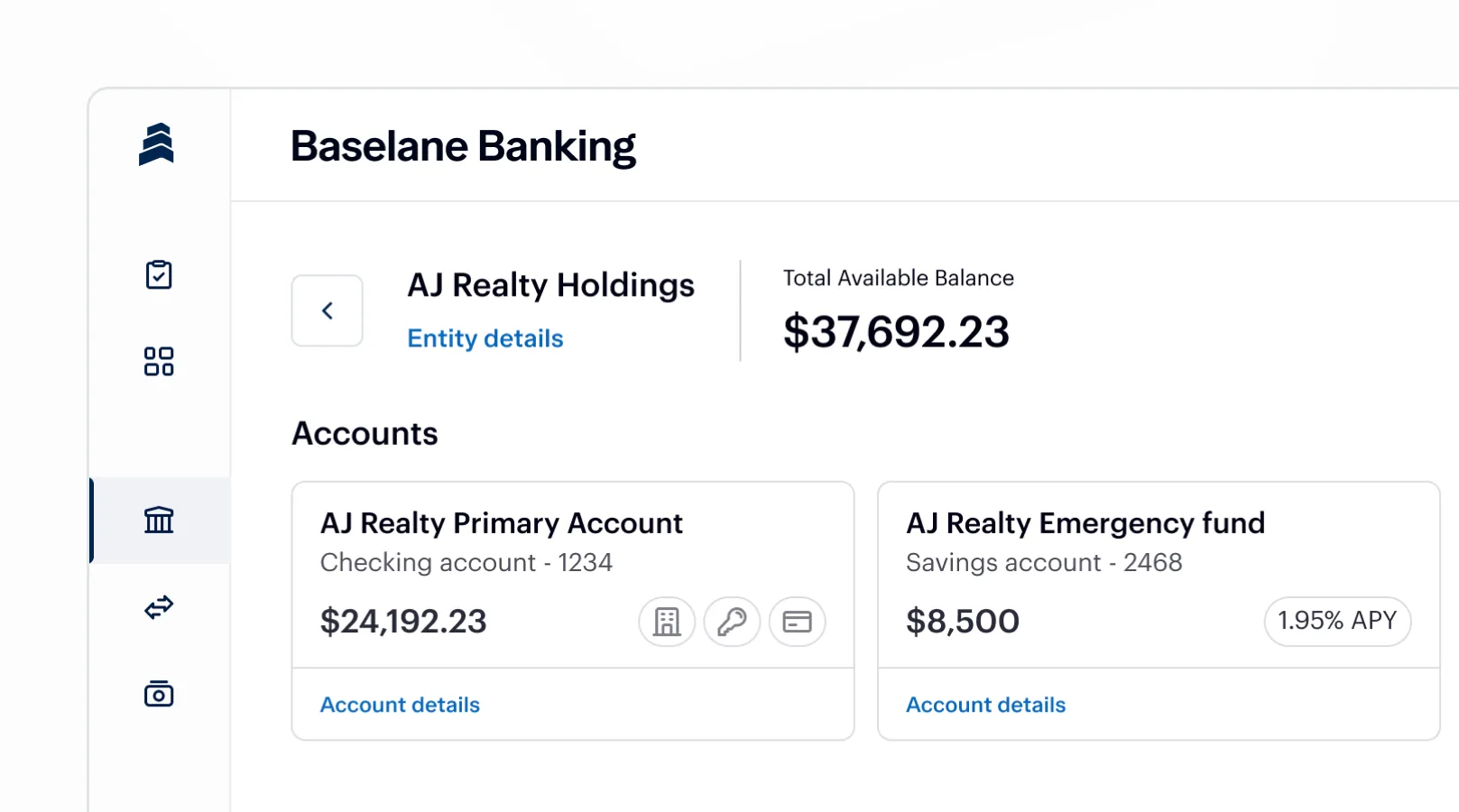There is no specific amount set for security deposits in Illinois. However, landlords who own 25 or more units must keep security deposits in interest-bearing accounts and pay interest to tenants, as per the provisions of the 765 ILCS 715/1 and 765 ILCS 715/2. Additionally, landlords must return the security deposit, minus any deductions for damages or unpaid rent, within a reasonable time after the tenant moves out, as defined by the state law.
Security deposit rules in {{ state }}
Limit: In Illinois, there is no statewide limit on the amount a landlord can charge for a tenant security deposit. Most landlords typically require one to two months’ rent, but the tenant deposit amount must be clearly stated in the lease. Landlords are strongly encouraged to hold these funds in a security deposit bank account in Illinois to ensure proper handling and compliance with state and local regulations.
Return Deadline: For most residential leases, the landlord must return the tenant security deposit within 45 days after the tenant vacates the property. If deductions are made, an itemized list of damages and costs must be provided within 30 days. In Chicago and a few other municipalities with local ordinances, stricter rules apply, including shorter timelines and mandatory interest payments.
Acceptable Deductions: The tenant security deposit may be used to cover unpaid rent, late fees, damages beyond normal wear and tear, and reasonable cleaning or repair costs to restore the property to its move-in condition. Landlords must provide documentation, receipts, or written estimates to support all deductions from the tenant deposit.
Where to Deposit: Illinois law requires landlords of properties with 25 or more units to hold tenant deposits in a separate, federally insured account at a financial institution located in Illinois. The landlord must also pay annual interest on the deposit at a rate set by the Illinois Department of Financial and Professional Regulation. In cities like Chicago and Evanston, local ordinances require all landlords, regardless of unit count, to use a security deposit escrow account in Illinois and pay tenants the required security deposit interest rate. Using a landlord tenant security deposit bank account in Illinois ensures compliance with both state and municipal laws while safeguarding tenant funds.

